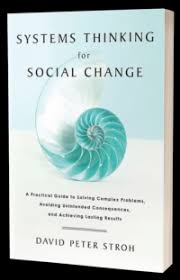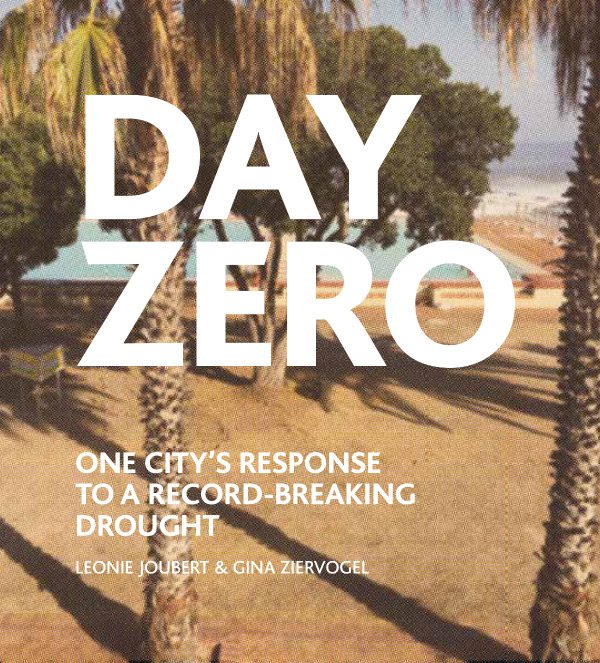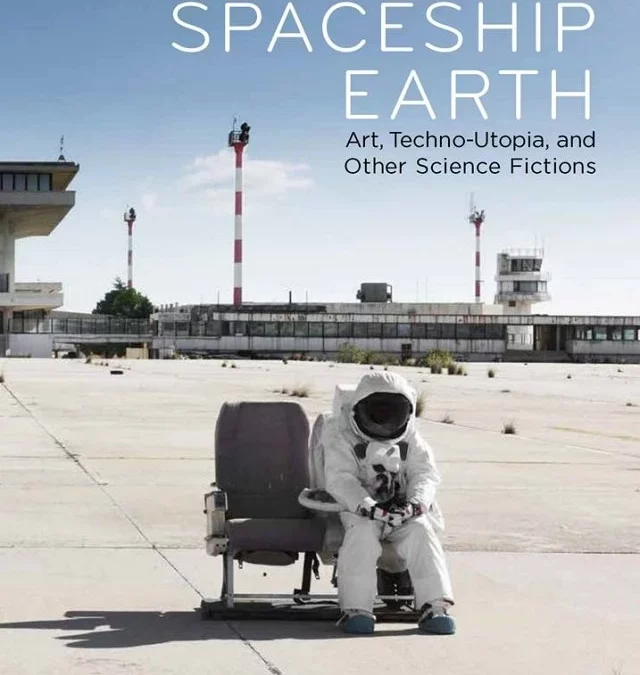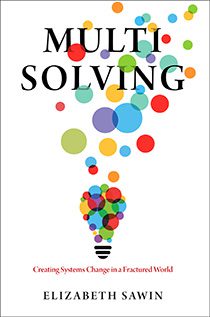“I propose to consider the question, ‘Can machines think?’ This should begin with definitions of the meaning of the terms ‘machine’ and ‘think.’ The definitions might be framed so as to reflect so far as possible the normal use of the words, but this attitude is dangerous. If the meaning of the words ‘machine’ and ‘think’ are to be found by examining how they are commonly used it is difficult to escape the conclusion that the meaning and the answer to the question, ‘Can machines think?’ is to be sought in a statistical survey such as a Gallup poll. But this is absurd. . . . The original question, ‘Can machines think?’ I believe to be too meaningless to deserve discussion. Nevertheless I believe that at the end of the century the use of words and general educated opinion will have altered so much that one will be able to speak of machines thinking without expecting to be contradicted.”
Noam Chomsky and Andrea Moro in their book The Secret of Words

Systems Thinking For Social Change
A Practical Guide to Solving Complex Problems, Avoiding Unintended Consequences, and Achieving Lasting Results Systems Thinking for Social Change enables readers to contribute more effectively to society by helping them understand what systems thinking is and why it...







